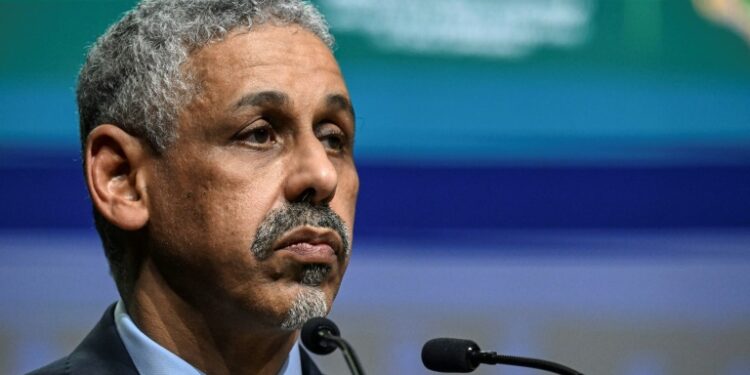By Emmanuel Nduka Obisue
The African Development Bank (AfDB), the Government of Angola, and the European Union (EU) have jointly unveiled a $125 million youth employment initiative aimed at generating nearly 150,000 jobs and expanding opportunities for young entrepreneurs across the country.
Unveiled in Luanda on Tuesday, the Crescer Project seeks to deliver 37,000 direct and 112,000 indirect jobs while supporting more than 10,000 micro, small, and medium-sized enterprises (MSMEs) and startups. The programme will also provide training for about 98,000 young people in key sectors such as digital technology, climate-smart agriculture, and transport logistics, skills regarded as vital for Angola’s transition toward a knowledge-driven economy.
“By placing youth at the centre of national development, the government sends a powerful message: that young people will build Angola’s future,” said Eugénio Maria Paulo, AfDB Executive Director for Angola, Mozambique, Namibia, and Zimbabwe.
Heritage Times HT reports that the initiative aligns closely with Angola’s Vision 2050 and its National Development Plan (2023–2027), reinforcing the country’s commitment to economic diversification, job creation, and inclusive growth.
Planning Minister Victor Hugo Guilherme described the programme as a “strategic investment” in Angola’s human capital, noting that it aims to strengthen youth-led innovation and entrepreneurship.
Funding for the Crescer Project will be shared among the partners, with the AfDB contributing $79.08 million, the Angolan government $29.06 million, and the European Union $16.08 million. Approximately $15 million of the total will be directed toward financial inclusion initiatives, with half of the beneficiaries expected to be women.
The project complements ongoing efforts by the AfDB to support innovation and skills development across Africa. Among them is the Science and Technology Park, another AfDB-backed venture scheduled for completion in November 2025, which will provide scholarships and foster research in science, technology, engineering, and mathematics (STEM).
Currently, the AfDB manages 16 active operations in Angola, with a combined value of $1.45 billion, spanning key sectors such as energy, agriculture, finance, and social development. Since 1980, the Bank has approved over $3.36 billion in loans and grants to Angola, underscoring its long-standing commitment to the nation’s growth and to Africa’s broader youth empowerment and transformation agenda.



































